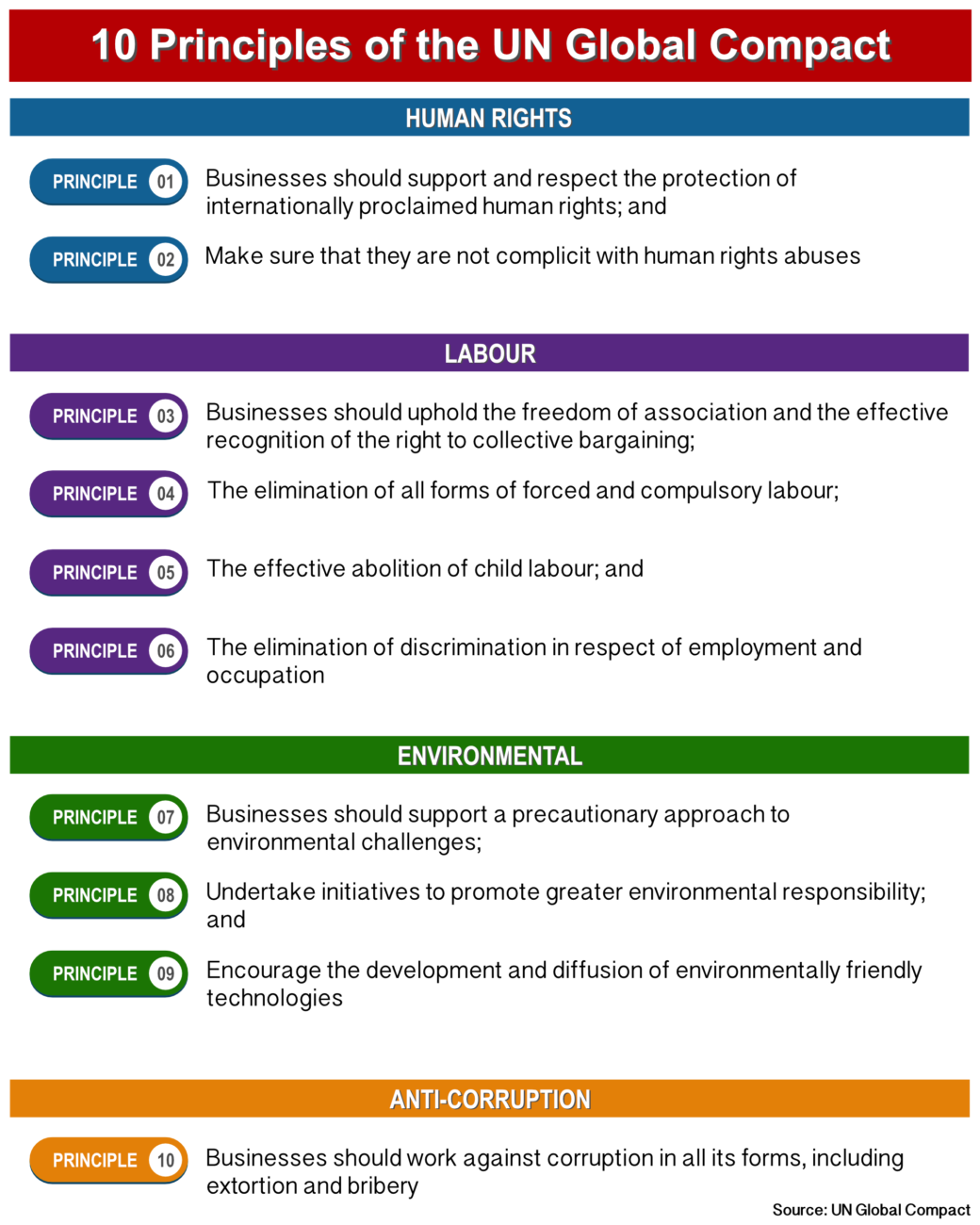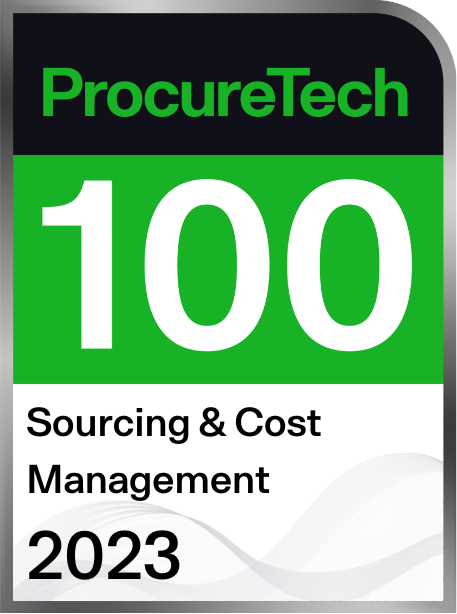Any principled sourcing manager, if asked, should raise Ethical Sourcing to be a top priority. It is one of those things that makes obvious sense from a human condition perspective but has not yet been used as a differentiator by electronics companies. Starbucks and other consumer facing companies have acted on it, but beyond the ethically sourced Fairphone of the Netherlands and Fair Mouse from Nager IT in Germany, it’s hard to find examples.
In my blog, Professor Rosling is an interesting fellow, I argue that countries that have followed a human condition investment path rather than an economic path are better positioned for economic prosperity in the future. I use RoHS as an example of intelligent supply chain disruption that advantages first movers. Is ethical sourcing another disruptive technique waiting in the shadows? Will large markets like Europe be restricted to those who comply?
I am dumbfounded by what I see happening, more and more, in companies today that suggest corporate values like honesty and integrity are waning. I know most CEOs operate with very high integrity but examples like the Epi pen from Mylan and Wells Fargo’s ghost accounts scandal point to increasing values decay. It would seem that a dose of honesty and integrity, like that from Ethical Sourcing, would be well received by the majority and position any company in compliance as advantaged.
What is ethical sourcing? The UN has outlined ten principles in its Global Compact focusing on human rights, labour, environment and anti-corruption. See insert below.
These principles seem reasonable particularly if one considers the quality of life for those abused and the best interest of all of us as they apply to the environment and corruption.
Will Europe, another large market or an emerging market advantage their manufacturers with Ethical Sourcing compliance regulations? Will consumers make product selections based on Ethical Sourcing compliance? Would they pay a premium? Will they demand legislation mandating the degree of ethically sourced content be displayed on products?
I do not know the answer to these questions but am confident that companies that act and can demonstrate compliance to the UN Global Compact will have a competitive advantage over others not able to show compliance.
Ken Bradley is the founder of Lytica Inc., a provider of supply chain analytics tools and Silecta Inc., a SCM Operations consultancy.




